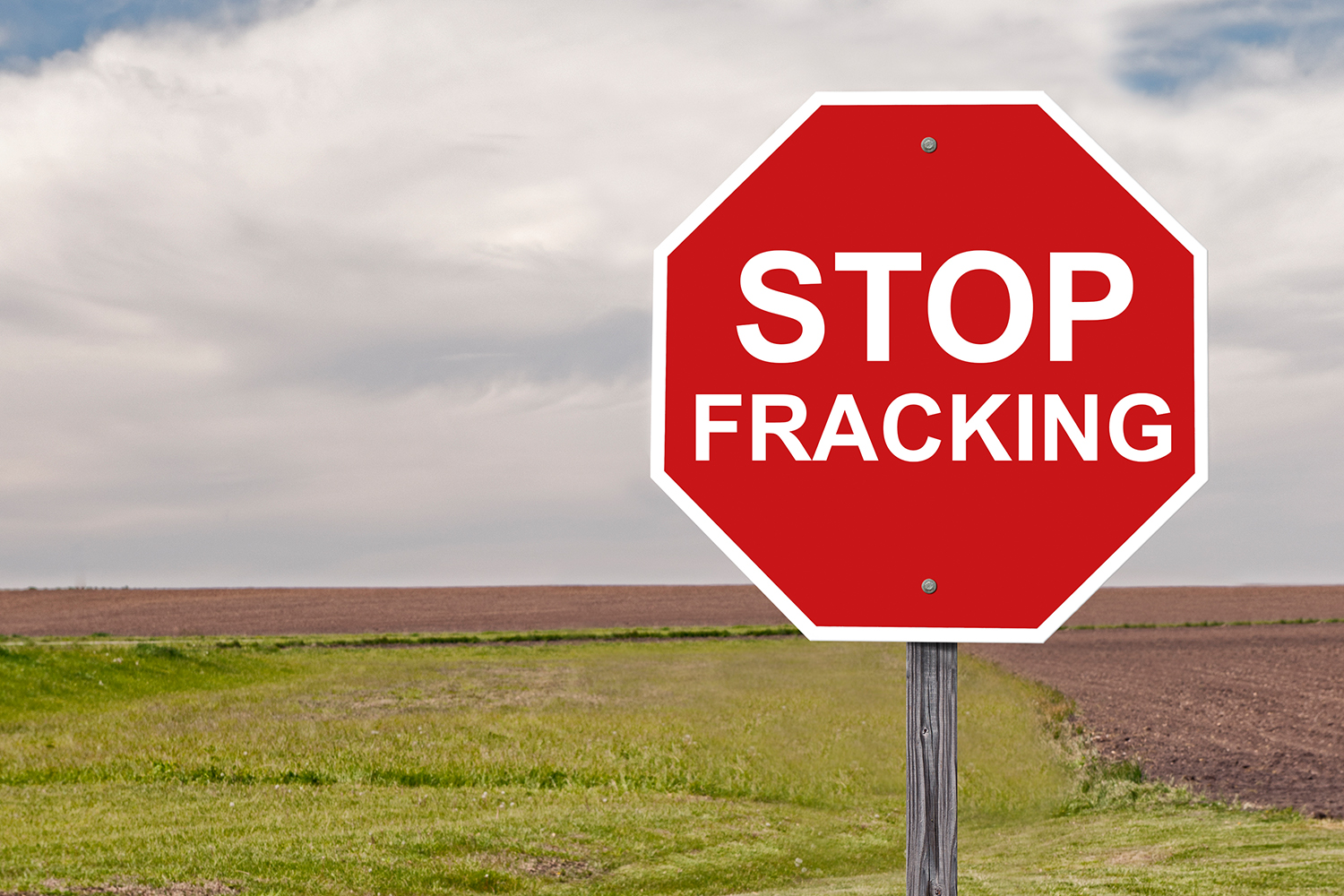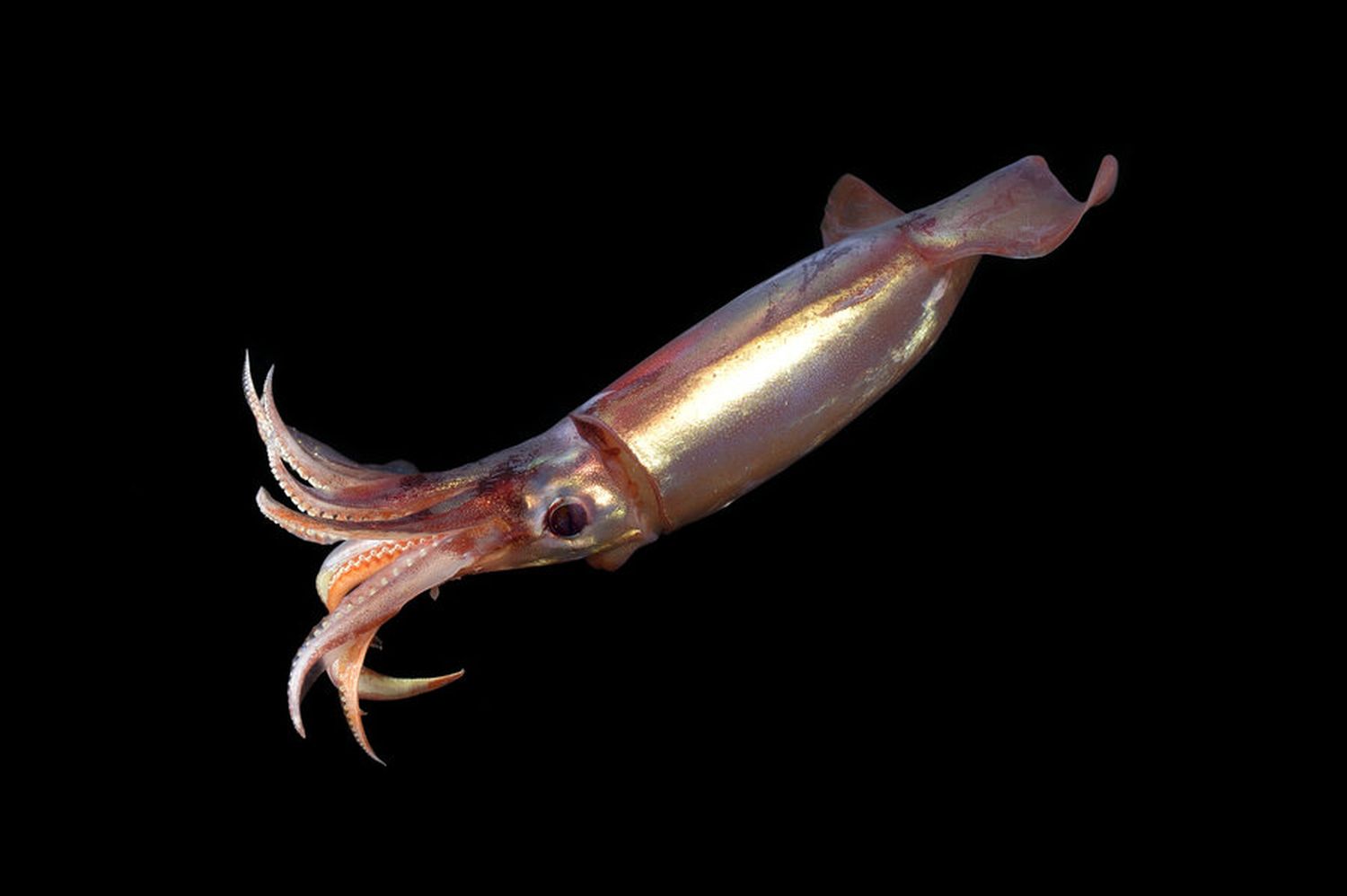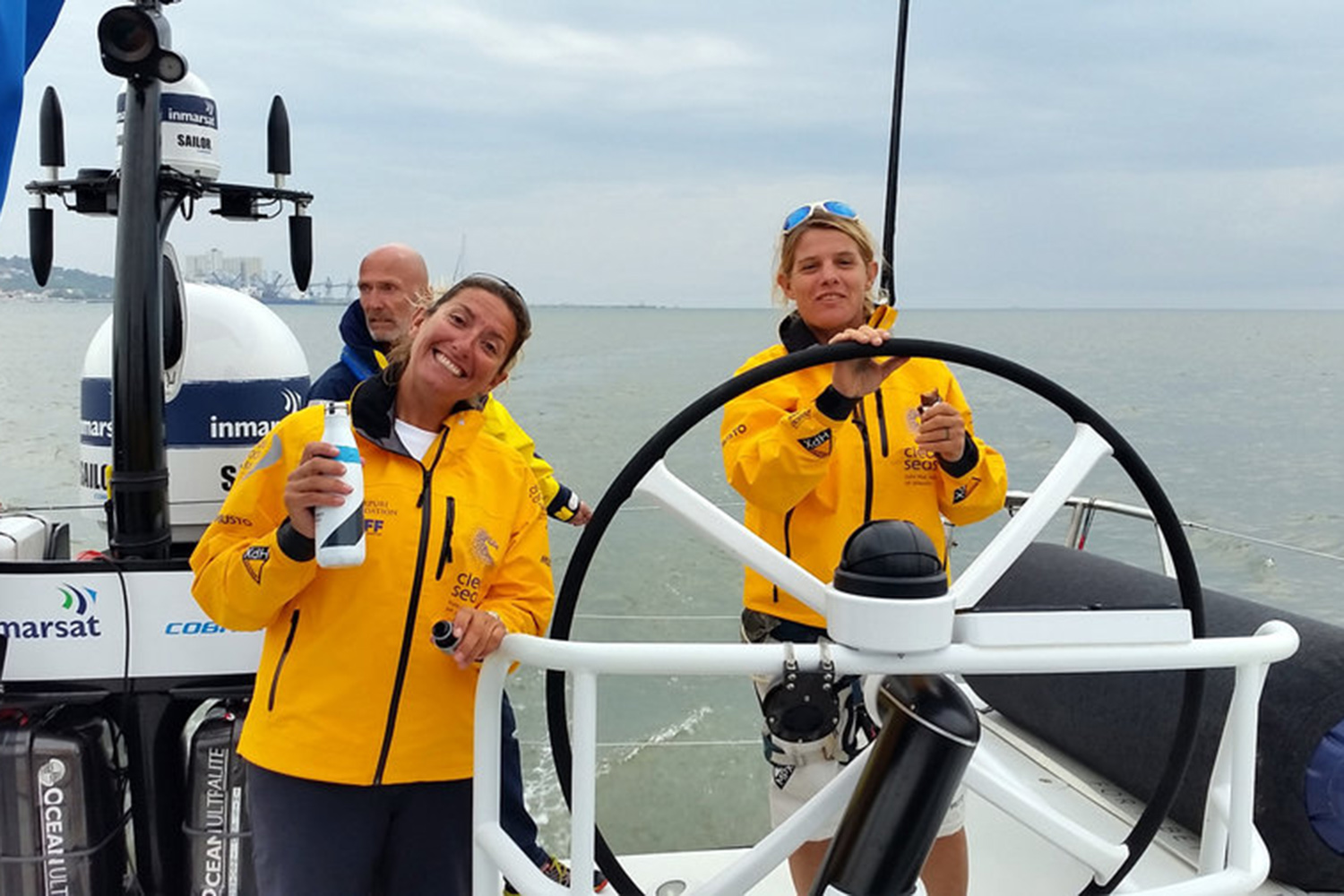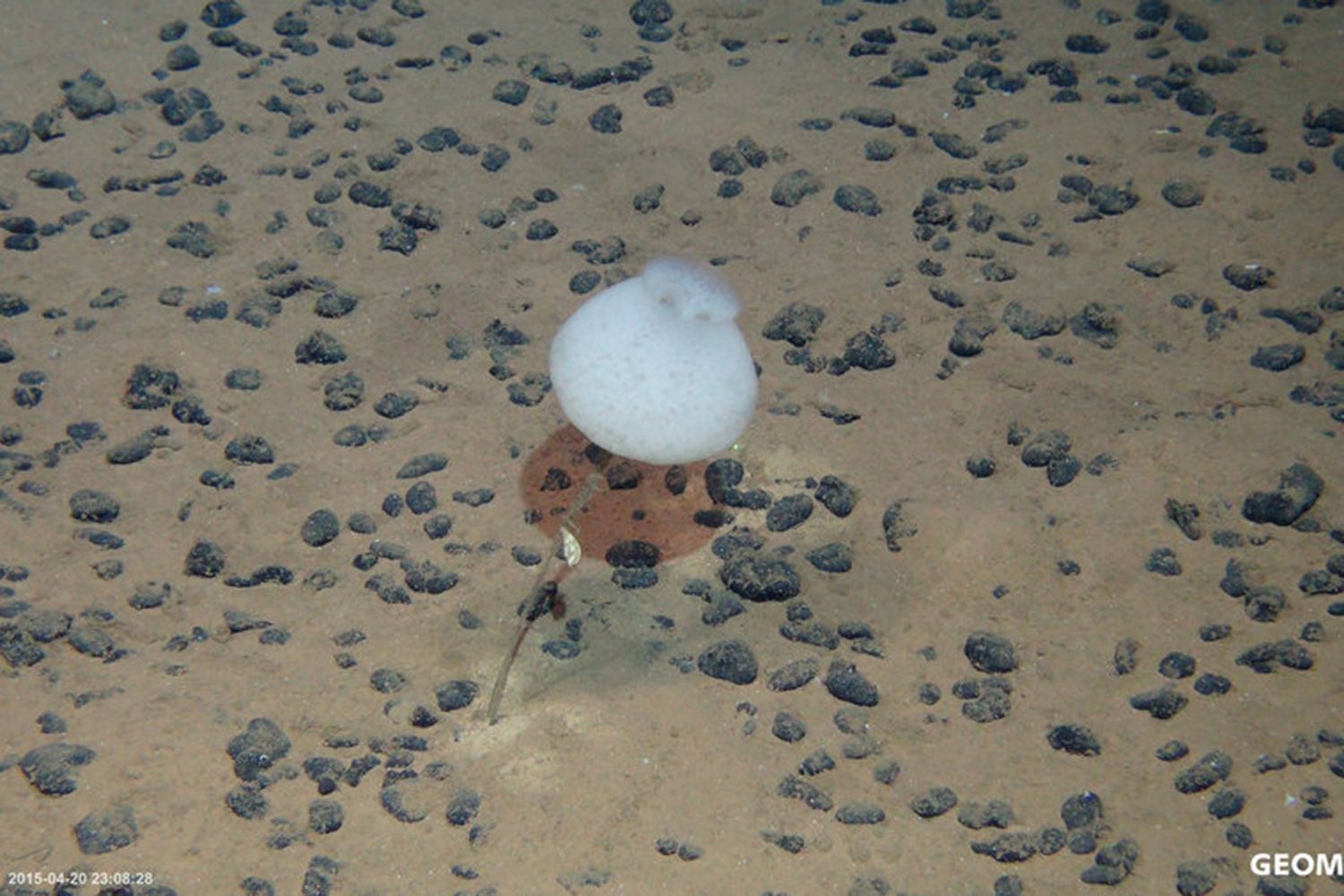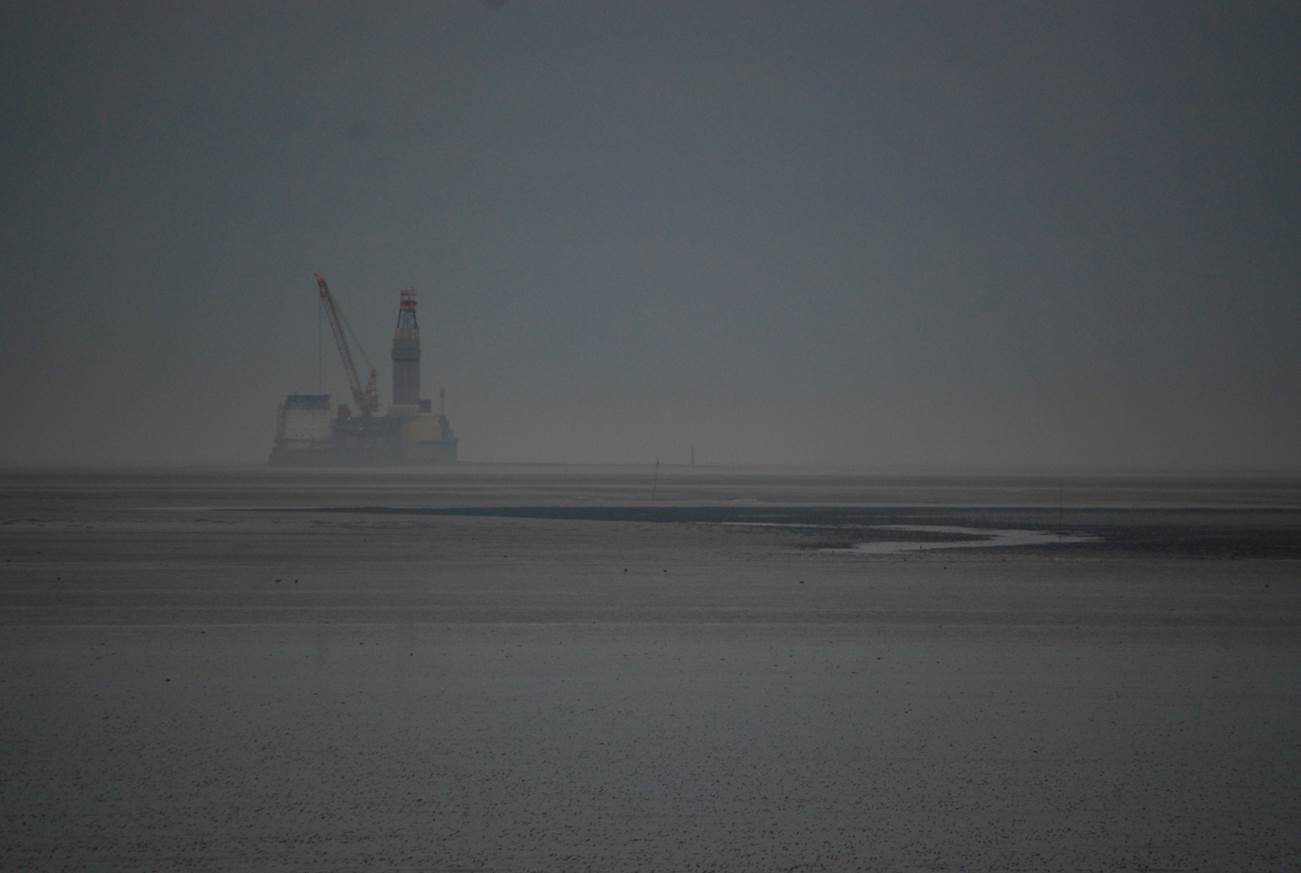The criticism formulated in the USA spread quickly, partly through the documentary "Gasland", nominated for an Oscar in 2011. Wherever industry and governments planned to expand the extraction along the lines of the United States, anti-fracking movements formed – also in Germany. In this way, local natural gas and oil extraction in Lower Saxony and Schleswig-Holstein has become the setting of social conflict. This conflict differs in scope and duration from earlier criticism of elements of the natural gas and oil infrastructure, for example the criticism of the only German oil platform Mittelplate north of the Elbe estuary in the Wadden Sea National Park.
Within the framework of a two-year research project funded by the Cluster of Excellence "The Future Ocean", the political scientist Dr. Stefanie Wodrig from the Institute of Social Sciences at Kiel University (CAU) studied how the fracking conflict changed the natural gas and oil infrastructure in Lower Saxony and Schleswig-Holstein as well as the processes on the national level. According to the result of the discourse analysis, it was only through the spread of the term 'fracking' that the complex natural gas and oil infrastructure was made publicly visible and a new knowledge system established.
For her discourse analysis, Stefanie Wodrig evaluated a comprehensive text corpus of more than 700 documents. Since 2011, many societal forces have spoken on the topic and thus produced analyzable text material. 'Fracking' has often been a topic in the federal state parliaments and the Bundestag. But not only there: Citizens' initiatives formed in many places and expressed their opinions in various statements which they published on websites and social media sites set up especially for this purpose. Many municipal bodies also took positions, debated local projects in their local councils and passed resolutions against them, although the issue was not a matter for municipalities. Associations and companies also expressed their concerns publicly. "This social polyphony is evidence of a politicized public space, which is very different from the situation before 2011", political scientist Stefanie Wodrig found through her analysis. "Until then, the natural gas and oil infrastructure was barely known to the public and boreholes, conveyor systems, administrative practices and accidents were rarely reported."
The low public visibility of the topic before 2011 already hints at some of the research results: It was possible to trace back how the debate on (shale gas) fracking in the USA politicized the, until then, 'commonplace' Northern German natural gas and oil infrastructure. The term 'fracking' functioned as a globalized reason to formulate criticism of the infrastructure at that time. The complex infrastructure came to light for the general public for the first time. "As a consequence, accidents or other disturbances were now also associated in public opinion with the term 'fracking'. The earlier meaning of the term, namely the special drilling procedure itself, receded clearly into the background," summarizes Wodrig. In the course of the development of public perception of this infrastructure, existing institutions, knowledge systems and actors came to be criticized and questioned.
An important result of this project is the transformed knowledge system which forms the basis of the infrastructure. In December 2016 this transformed knowledge system was expressed in a statement of the Schleswig Holstein Ministry of Energy, Agriculture, Environment and Rural Areas (MELUR) on the proposed exploratory drilling near the existing Mittelplate drilling platform in the Schleswig-Holstein Wadden Sea National Park. Whereas before the fracking conflict the state had little room to maneuver in refusing grant applications, the MELUR now refused to grant the license on the grounds that national park law was, in this case, more important than the extraction of raw materials.
(http://www.schleswig-holstein.de/DE/Landesregierung/V/Presse/PI/2016/1216/MELUR_161219_Exploration_Wattenmeer.html).
Contact
Dr. Stefanie Wodrig,
Institute of Social Sciences,
Research area International Political Sociology,
Kiel University,
E-Mail: wodrig@ips.uni-kiel.de
https://www.ips.uni-kiel.de/de/personen/wimi/stefanie-wodrig
…
